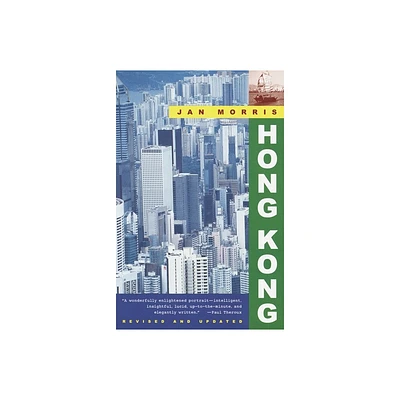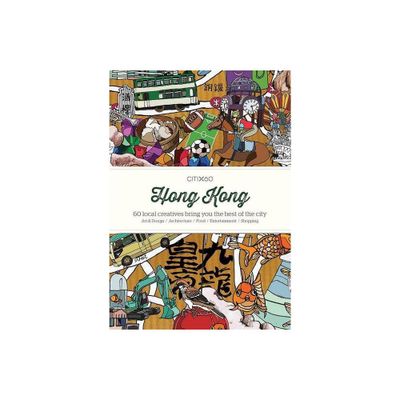Home
China (Tibet, Hong Kong, Macau): Human Rights
Loading Inventory...
Barnes and Noble
China (Tibet, Hong Kong, Macau): Human Rights
Current price: $12.95


Barnes and Noble
China (Tibet, Hong Kong, Macau): Human Rights
Current price: $12.95
Loading Inventory...
Size: OS
*Product Information may vary - to confirm product availability, pricing, and additional information please contact Barnes and Noble
The People's Republic of China (PRC) is an authoritarian state in which the Chinese Communist Party (CCP) constitutionally is the paramount authority. CCP members hold almost all top government and security apparatus positions. Ultimate authority rests with the 25-member Political Bureau (Politburo) of the CCP and its seven-member Standing Committee. China completed its once-in-a-decade leadership transition in March, and Xi Jinping holds the three most powerful positions as CCP general secretary, state president, and chairman of the Central Military Commission. Civilian authorities generally maintained control of the military and internal security forces. Security forces committed human rights abuses. Repression and coercion, particularly against organizations and individuals involved in civil and political rights advocacy and public interest issues, ethnic minorities, and law firms that took on sensitive cases, were routine. Increasingly officials employed harassment, intimidation, and prosecution of family members and associates to retaliate against rights advocates and defenders. Individuals and groups seen as politically sensitive by authorities continued to face tight restrictions on their freedom to assemble, practice religion, and travel. Authorities resorted to extralegal measures such as enforced disappearance and strict house arrest, including house arrest of family members, to prevent public expression of independent opinions. Authorities implemented new measures to control and censor the internet and particularly targeted bloggers with large numbers of followers, leading some to close their online accounts. Public-interest law firms continued to face harassment, disbarment of legal staff, and closure. There was severe official repression of the freedoms of speech, religion, association, and assembly of ethnic Uighurs in the Xinjiang Uighur Autonomous Region (XUAR) and of ethnic Tibetans in the Tibet Autonomous Region (TAR) and other Tibetan areas. These minorities also faced harsh restrictions on movement. Abuses peaked around high-profile events, such as the visit of foreign officials, national meetings, and commemorations.


















